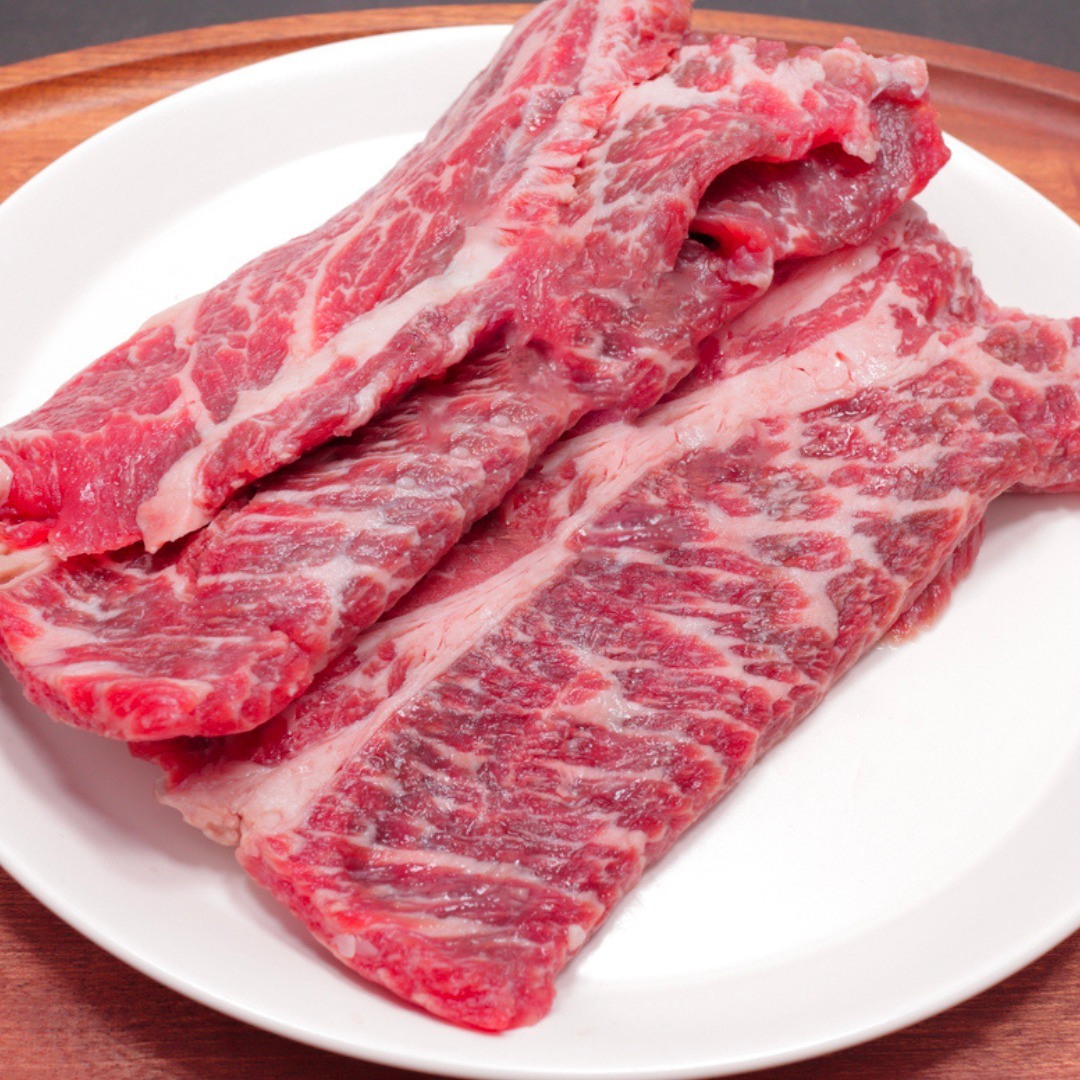ADVERTISEMENT
The diaphragm is a cut of meat sourced from the abdomen of animals, particularly beef and horse. Though it’s known among professional grillers and butchers, it remains relatively unfamiliar to many home cooks. This underappreciated cut is excellent for grilling, can be enjoyed as a sliced steak, or even cooked as a roll in tomato sauce.
In 2023, the Bologna Chamber of Commerce updated the traditional recipe for ragù alla bolognese, notably removing the requirement for the “beef folder,” a term referring to the diaphragm. Instead, the recipe now calls for “coarsely ground beef,” which is more readily available. The diaphragm is considered a “poor” cut, priced between €8 and €13 per kg, yet it boasts a rich flavor and high iron content, making it a worthy addition to any meal. Let’s explore its characteristics and cooking methods.
What Is the Diaphragm?
The diaphragm is a muscle located in the abdominal area, similar to the diaphragm in humans, and it plays a role in breathing. In culinary terms, it typically refers to two parts:
Panniculus (Skirt Steak): This is the actual diaphragm, a flat and long piece of meat covered by connective tissue.
Loin (Hanger Steak): This cut is thicker and more popular than the diaphragm.
Both cuts are lean, bright red due to good blood circulation, and exhibit intramuscular marbling that contributes to their tenderness (though they are tougher than filet mignon). They are rich in vitamin B12, iron, and high-quality proteins. While the beef diaphragm is often categorized as part of the “fifth quarter” (offal), many butchers include it among third-choice cuts, highlighting its untapped culinary potential.
How to Cook the Diaphragm: Quick Cooking Techniques
see continuation on next page
ADVERTISEMENT
